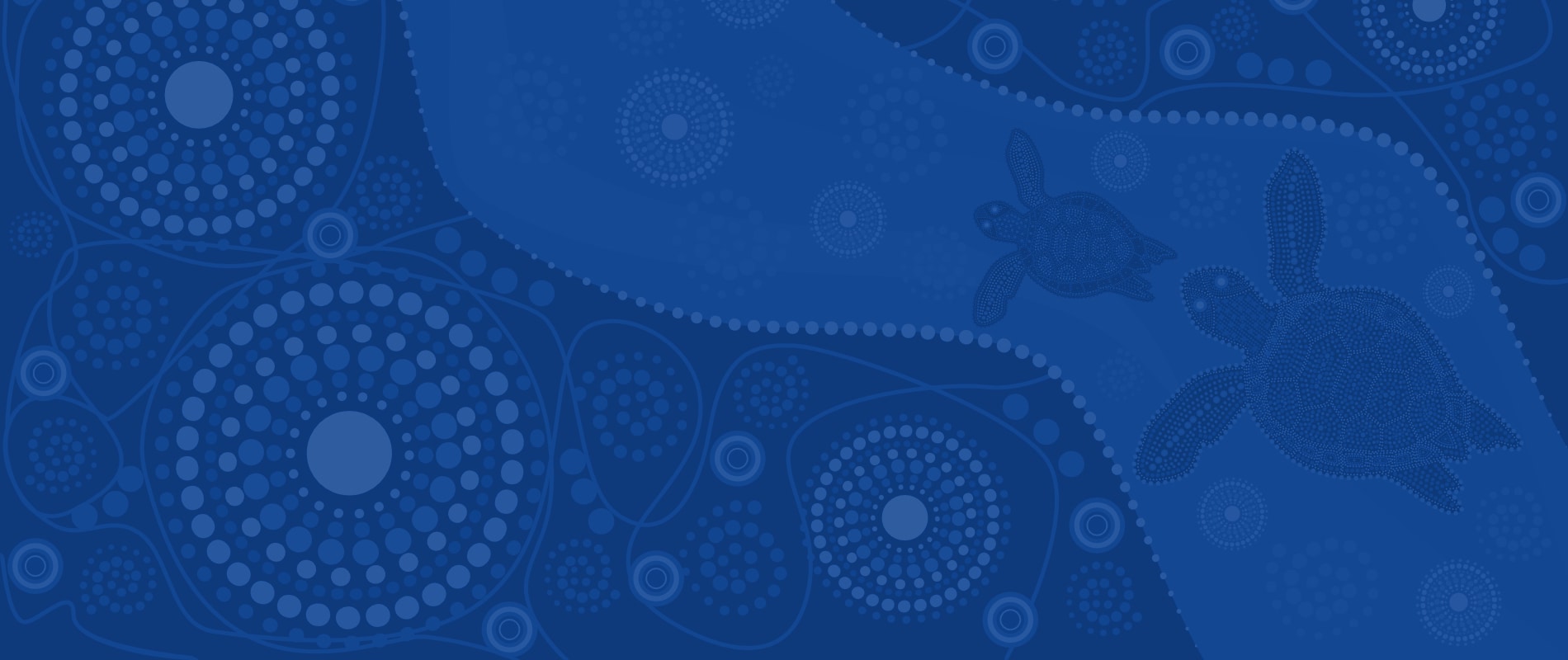Montessori Care at EGHS
As East Grampians Health Service embarks on introducing the “Improving Living in Aged Care Project” that will see the implementation the “Montessori Model of Care” at 70 Lowe Street. This model was first developed by Dr. Maria Montessori in 1893 to help children who were perceived to be mentally impaired with Dr. Montessori then realising that the model also worked with mainstream children. The connection between this education model and working with older adults living with cognitive and/or physical impairments including dementia was first made by Dr. Camp in 1985 in the United States where it was applied with great success. Others have developed this model further, in particular Gail Elliot (Canada) & Michelle Bourgeois (USA).
Director of Clinical Services, Peter Armstrong, said “East Grampians Health Service seeks to develop the Model even further by adapting it for use for all residents in aged care services so, regardless of diagnosis or disability. This new Model of care will provide the framework to fulfil the vision of independence, high self-esteem and a promising future for people living in aged care.”
Mr. Armstrong stressed that “the rural city of Ararat has a higher level of aging population than the rest of the state of Victoria according Australian Bureau of Statistics in 2011. As demand across the Aged care sector increases in our region, East Grampians Health Service seeks to position itself as the “Carers of Choice” for the residents of Ararat and surrounds. Therefore EGHS will be embracing an enhanced model of delivery. This model is the Montessori Method which focusses on the individuals capabilities.
Mr. Armstrong went on to say “The Montessori principles connect people to their environment through individualised activities aimed at increasing engagement and the cognitive function of older people. Physical changes to the living environment at Lowe Street are designed to provide a more attractive place for people to live and to support the intended outcomes of the project.”
Mr. Armstrong highlighted that “East Grampians Health Service will be the first organisation to roll out the model of care across a whole service stream, not confining it to a dementia specific wing. It is developing an inclusive, non-judgmental and non-discriminatory community where all residents can benefit from the use of Montessori. The Montessori Method works on the principle where meaning and purpose are part of each person’s daily routine, including meaningful roles and activities. Emphasis is placed on a supportive environment. It is also focused upon what a person can do rather than what they can’t do. It is a person centred approach focusing on the person’s capabilities, capturing their interest and showing them respect. Improvements will be seen in the reduction of mood disorders (depression and anxiety), reduction in the need for pharmacological interventions and greatly improved self-esteem.”
To begin the process of implementation of the Montessori model, EGHS held a two training days run by endorsed Montessori specialist, Mrs Anne Kelly from Montessori Ageing Support Services. The training was attended by nursing staff, kitchen staff and cleaning staff. This was to enable everyone to understand the overall “environment” focus of the program, said Mrs. Kelly.
Mrs. Kelly explained to staff that the Montessori Model could be a simple as every person at the Aged care facility wearing a name badge for all staff and residents. This would enable conversation to begin without embarrassment for residents who have forgotten names. It could also be quite complex as well, where alterations to the physical environment are improved upon, so that areas where residents move about in can help and aid their day to day activities.
Rural Northwest Health Chief Executive Ms Catherine Morley made a presentation at EGHS commenting on the success that they have achieved using the Montessori principles. Ms Morley believes that by using the Montessori Principles and developing the “ABLE model” which has been implemented at Wattle Crescent, the memory support unit and across Yarriambiack Lodge, outcomes for all residents and families is improved quality of life and a reason to get out of bed in the morning.
Ms Morley said “Our rehabilitation therapy program develops meaningful activities and roles with residents that reflect the residents capabilities, their interests and supports them to feel valued and socially connected to all people that they come into connect with. I congratulate East Grampians Health Service for this initiative and their vision for Aged Care in Ararat.” said Ms Morley.
 (03) 5352 9300IN AN EMERGENCY CALL 000
(03) 5352 9300IN AN EMERGENCY CALL 000




